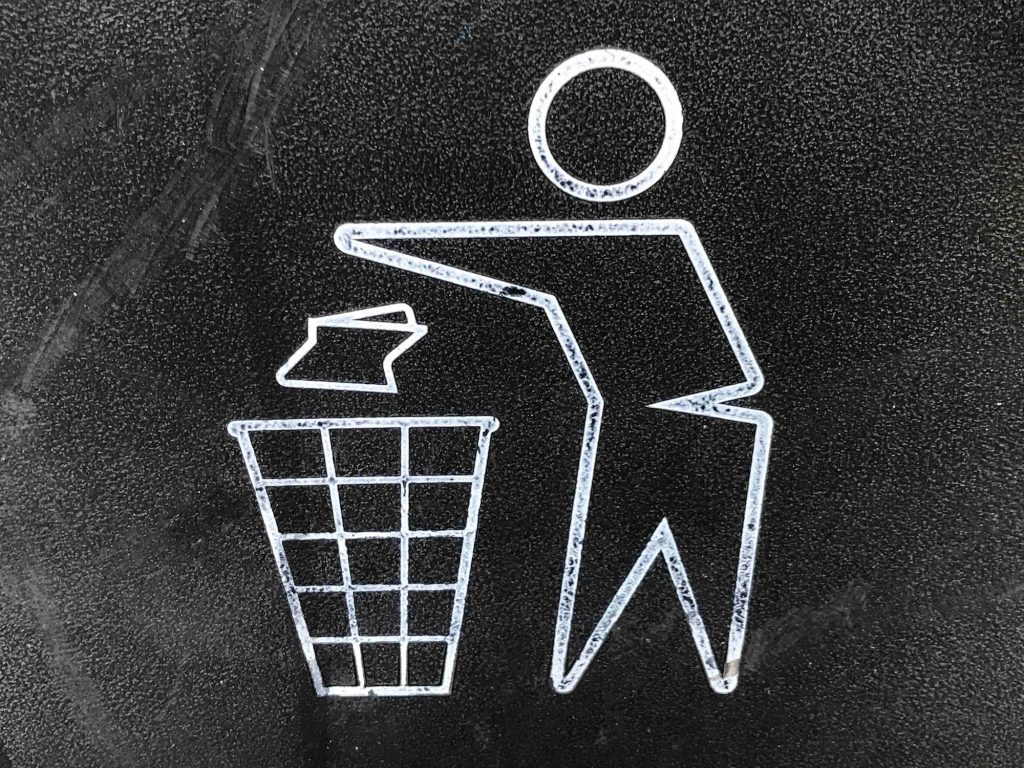The migration of people into the world’s urban centres has created crisis levels of waste. According to the Washington Post, the world now creates over 1 billion tons of garbage yearly. Putting that in context, the WaPo noted that the city of Amsterdam alone wasted the equivalent of 400,000 loaves daily. With 4.2 billion of people now living in urban centres, managing waste should clearly be an urgent agenda item for global city authorities.
The good news is that it is, from Chicago’s innovative sewage management system to Adelaide’s transformative recycling system. There’s a key undertone to many of the most successful waste management systems, and that’s technology. In a manner unlike before, smart tech is enabling human beings to manage trash effectively.
Before your eyes: cleaning the streets
A city with poor waste management will often have a marked cleanliness problem in the streets. India, which has a particularly acute waste management problem, has shown this; according to WaterAid, the level of rubbish filling Indian streets daily could fill 16 jumbo jets. Smart technology is providing a way to tackle this. Los Angeles’ Clean Streets LA initiative has, according to Harvard, reduced unclean streets by 82% through turning the city in a real-life data map, pulling from crowd sourced data to assess street cleanliness in real time and intelligently direct cleanup crews. The benefits of this solution are twofold. One, waste is reduced in terms of physical detritus in the streets. Two, both street and manufacturing facility cleaning can be achieved smartly through measuring pollution.
Small changes for more efficiency
Improving efficiency is a key way that smart technology is helping waste management processes. The garbage collection routes of old stemmed entirely around outdays schedules, with trucks following linear processes with little deviation bar for public holidays. Through using smart containers, HackerNoon have suggested that sensors in public waste collection areas improve efficiency and reduce emissions by reducing the amount of time the vehicle is on the road, and increasing their effective load. Furthermore, sensors used on the vehicles can help to plan perfect routes when integrated with real-time traffic updates from smart devices.
From our partners:
Moving away from the landfill
Tackling the inner-city waste management question is only part of the task. Making the city cleaner and optimizing routes is fantastic, but the trash still has to end up somewhere. This is where diverting from the landfill is important. San Francisco has become a global leader in this respect; as CNBC have noted, only 20% of SF waste goes to landfill. This has been achieved through aggressively pursuing technological means to recycle everything possible, such as super-high-volume composting operations. There’s also the question of making landfill cleaner; Forbes reported in August on how Bill Gates had invested heavily in landfill-generated energy, created some value from trash.
Waste management is a pressing concern for global urban authorities. Human beings are creating more than their fair share per head, and it’s a weight upon infrastructure. Technology is providing the foundation on which urban citizens can do a little better, and make cities a better environment for all.














